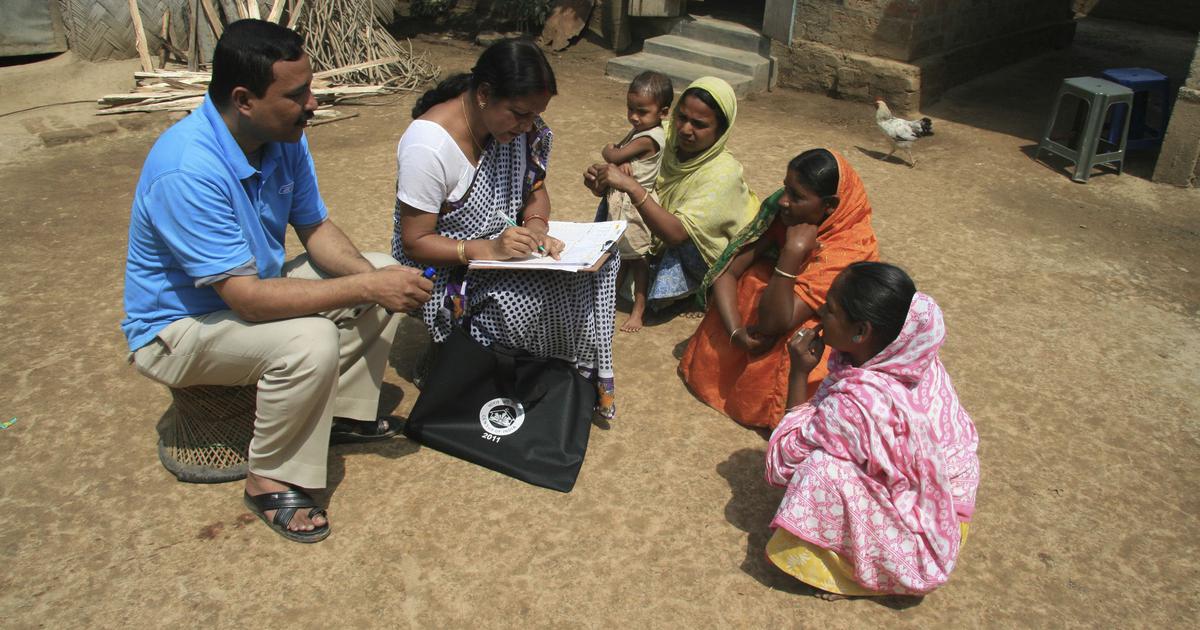Decennial Census in India Postponed Until September
The decennial census, a comprehensive survey conducted by the government of India every 10 years, has been postponed until September 30th, at least. This exercise is used to gather information on the size, distribution, and various characteristics of the country’s population, including socio-economic and demographic data.
Postponement and Future Plans
- The housing listing phase of the census and the National Population Register (NPR) update were originally scheduled to take place from April 1 to September 30, 2020. However, due to the COVID-19 pandemic, these plans were postponed. In a letter to all states, the Office of the Registrar General and Census Commissioner informed that the date for freezing administrative boundaries has been extended until June 30th.
- Per norms, the census can only be conducted three months after the freezing of boundary limits of administrative units such as districts, sub-districts, tehsils, talukas, and police stations. The boundaries of these units for the upcoming census will now be frozen as of July 1, 2023. This process involves covering all jurisdictional changes that have occurred between the last two censuses.
- The state governments have been asked to finalize any changes to administrative boundaries by June 30, 2023, and send copies of notifications on jurisdictional changes to the relevant Directorate of Census Operations in the state or Union Territory, with an endorsement to the census authorities in Delhi.
The general elections, which are expected to take place in March-April 2024, and the completion of both phases of the census, which will take at least 11 months even if conducted at an accelerated pace from October, make it unlikely that the census will be conducted in 2023 or early 2024. It is possible that the census could be conducted before the 2024 general elections if rules are modified to allow for a shorter process.
Who Conducts the Census?
The Office of the Registrar General and Census Commissioner of India, under the Ministry of Home Affairs, is responsible for carrying out the decennial census. The first synchronous census in India took place in 1881 and has been conducted uninterrupted every ten years since.
Importance of the Census
The census in India is important because it provides information on the size, distribution, and characteristics of the country’s population, including socio-economic and demographic data. This information is used to inform policy and government programs aimed at improving the community. The last census in India was conducted in 2011.
History of the Census in India
The census in India has a long history dating back to the time of the Rig-Veda, which mentions some form of population count being kept around 800-600 BC. In the 3rd century BC, the Arthashastra by Kautilya prescribed the collection of population statistics as a state policy for taxation purposes. During the reign of Mughal king Akbar, the Ain-e-Akbari administrative report included extensive data on population, wealth, industry, and other characteristics.
The first synchronous census in India was conducted in 1881, and censuses have been conducted uninterruptedly every 10 years since then. The last census was held in 2011.
Month: Current Affairs - January, 2023
Category: India Nation & States Current Affairs • Legal & Constitution Current Affairs


